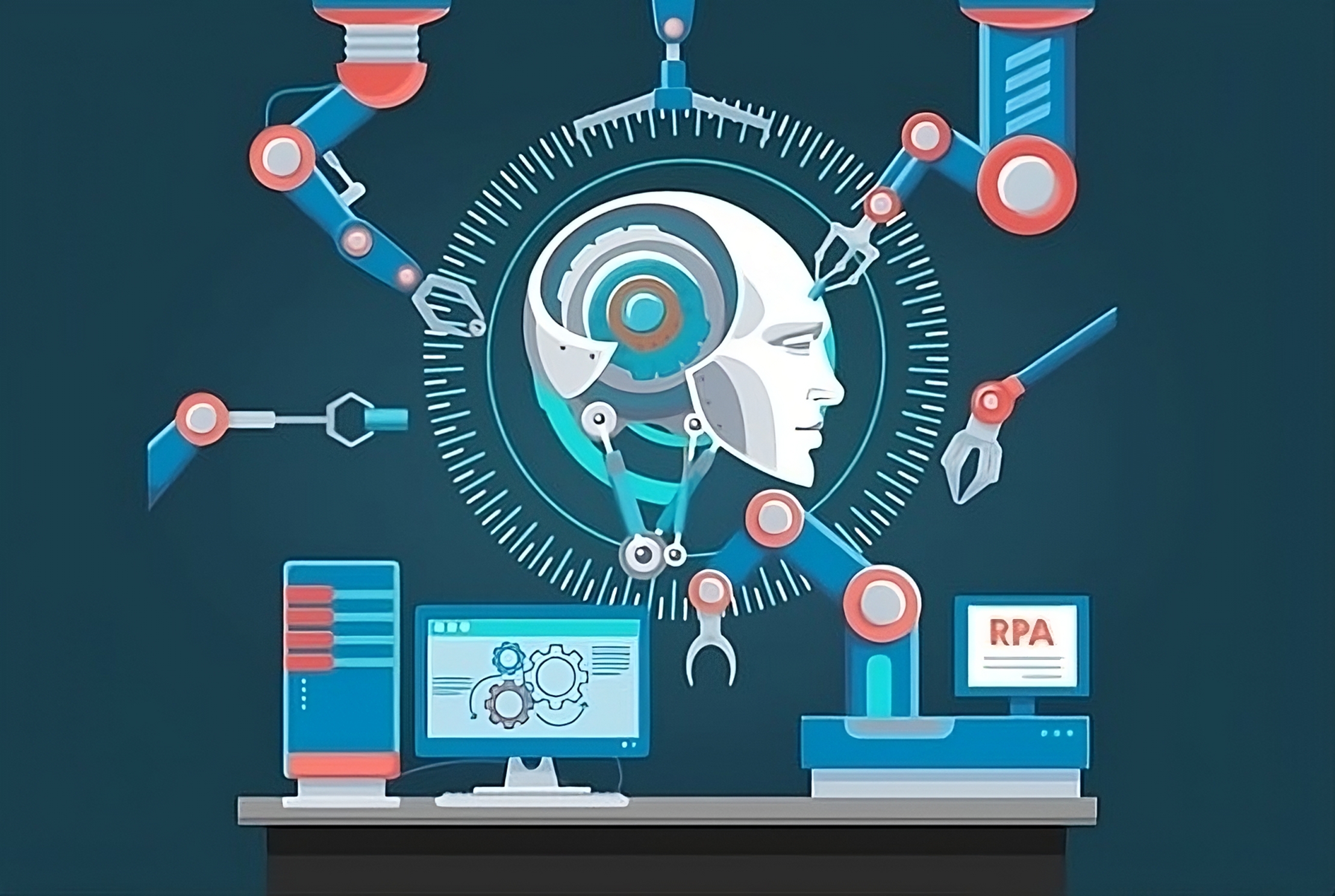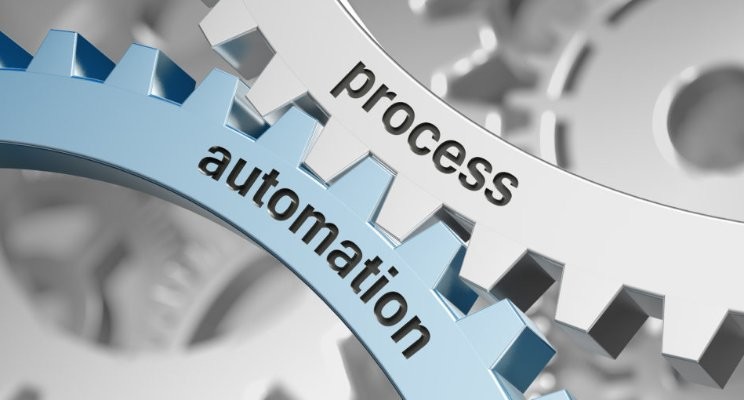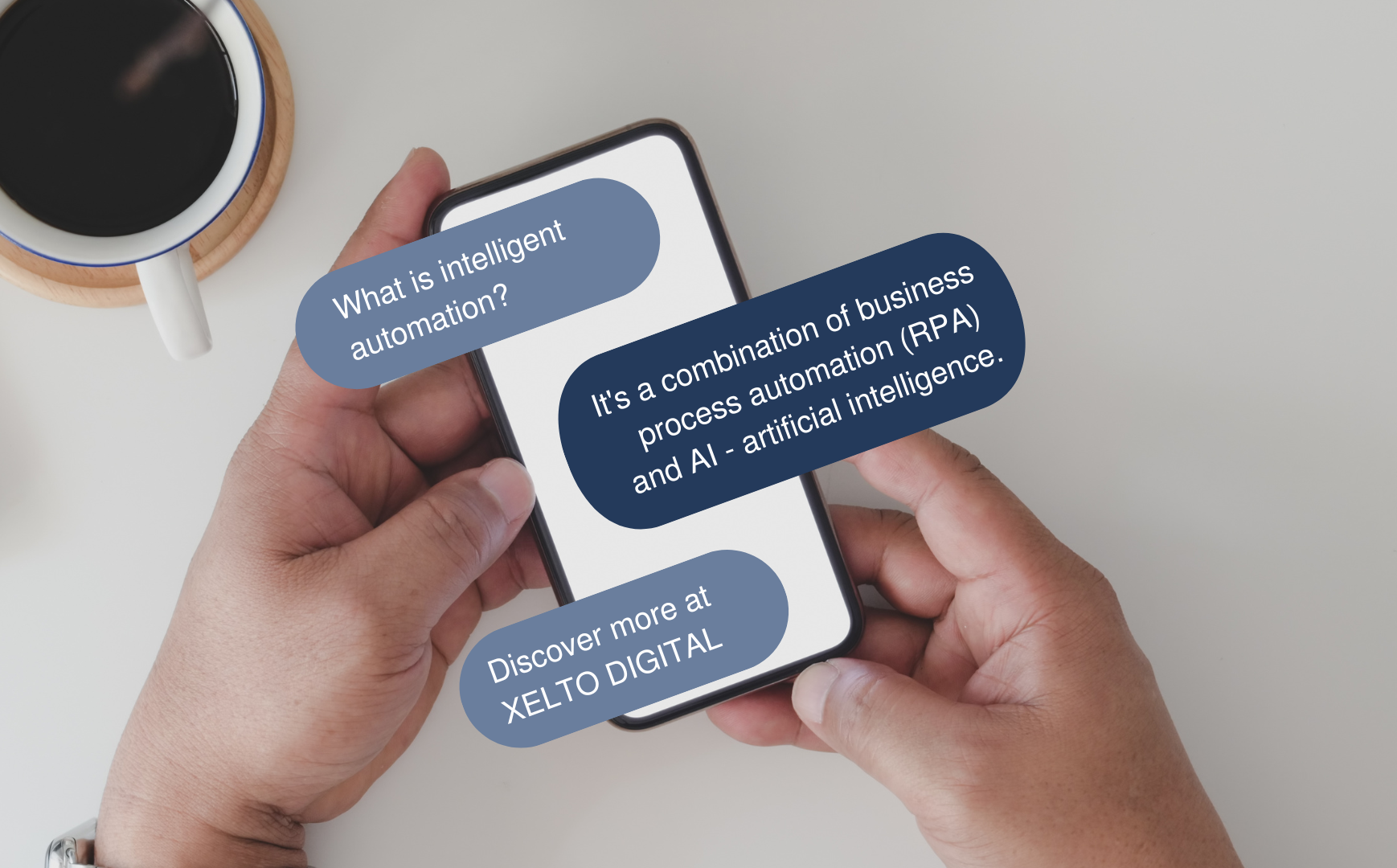
Technology that is revolutionizing modern business in 2023
Robotic Process Automation (RPA) – technology revolutionizing modern business Over the past few years, Robotic Process Automation, or RPA, has gained a tremendously significant position on the technological map. Offering modern solutions in process automation, it has entered a phase of exponential growth, transforming various industries – from finance to healthcare. 🤖 Here are the key roles of RPA in 2023: Automation of administrative rasks: RPA enhances administrative tasks, reducing human intervention, resulting in increased efficiency and productivity. Data management processes have never been so straightforward! Customer service and support: Thanks to RPA-based chatbots and automated processes, companies can provide 24/7 support, increasing customer satisfaction. Financial and accounting processes: RPA bots significantly reduce manual errors in financial reporting, leading to cost savings. Generating large-scale bank payments is now possible in a short time! Supply chain management: In the face of global uncertainties, RPA enables companies to adapt quickly to changing market conditions. IT operations: From software testing to server maintenance, RPA plays a crucial role in IT operations, ensuring system reliability. According to the latest analysis, the RPA market is projected to reach a value of $66,079.34 million by 2032, with an annual growth rate of approximately 37.9% from 2023 to 2032. 🔍 In the era of rapid technological changes, RPA serves as one of the key tools supporting digital transformation. What was once a vision of the future is now becoming a reality in many economic sectors. For organizations aiming to stay one step ahead of the competition, investing in RPA is not just a trend but primarily a source of success! Get in touch with us and discover what RPA can revolutionize in your company! Author: Monika Serafin, Service Delivery Manager











